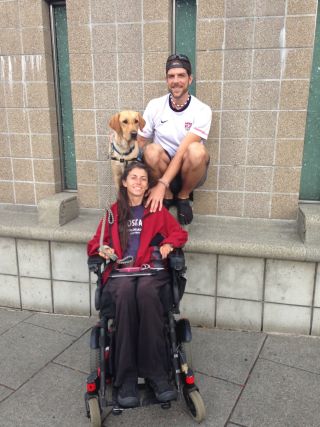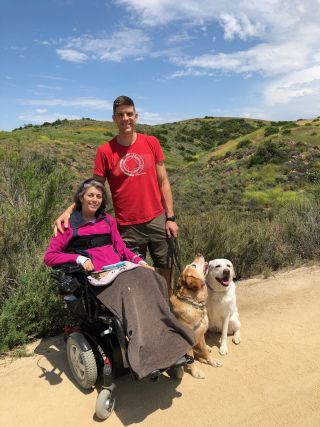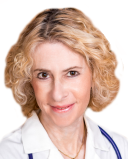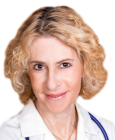Relationships
Love and Hope, Even After Trauma
Personal Perspective: Nurse Michelle Kephart’s life lessons.
Posted April 14, 2023 Reviewed by Gary Drevitch

When my husband and I met happily married nurse Michelle Kephart at a service dog graduation in San Diego, we were inspired by her story of love, hope, and resilience in face of adversity. What is unique about Michelle is that she was single and able to move all four limbs normally before age 25 but then, after becoming quadriplegic after an accident, she finished her registered nurse studies, found love, and married.
Following is our interview with Michelle:
How did you become quadriplegic?
When I was 25 and was in nursing school in Iowa, I went on a trip with two friends, David and Devon. I had just met Devon three weeks prior. As we were climbing trees outside Lake Tahoe, I chose to climb a pine tree which, as I learned later, was known to drop branches. Suddenly the branch I chose broke, and I fell and broke my neck.
My friends called for help right away and I was transported by helicopter to Reno’s hospital where I stayed six weeks in the ICU, then I was transferred to a hospital in Denver and stayed there for three months in the spinal cord injury unit.
My neck was broken at the fifth cervical vertebrae level, I had no movement below my waist, my legs were completely paralyzed, and so were parts of my upper extremities. I could move my shoulders and biceps but not my triceps, wrists or hands. It was overwhelming.
How did you find the strength to fight?
Even though I was paralyzed, I was still myself and I still had my same dreams of becoming a nurse. My friends and family still saw me as me and were there for me. This is what gave me strength.
How did you find love?
After my accident, Devon chose to spend time with me in the spinal cord injury unit and we fell in love. When I was released from the hospital after four and half months, Devon moved back to Iowa with me, and we have been together ever since.
We’ve now been together 14 years. Devon and I have challenges, like every relationship, but to make things easier for both of us, Devon is not my primary caregiver. I hire people to help me three hours a day. This way, Devon doesn’t see me as a disabled person. He has always believed in me and makes me very happy.
How did you pursue your dream of becoming a nurse?
As a quadriplegic person, I wanted to finish nursing school, but my school was uncertain about my ability to work as a nurse. I believed I could work as a nurse even though I was quadriplegic, so I fought to be able to finish nursing school, and I won that battle.
I did the unimaginable: Because I couldn’t use my hands, I directed a friend of mine (a nursing student) to hold the stethoscope for me when I couldn’t reach, and to do, under my direction, the procedures I couldn’t practically do. Our teamwork was accepted by the school, and I managed to finish my registered nurse (RN) studies and graduate. After becoming an RN, I worked at the community health clinic as a diabetes clinical educator in Georgia.
I am now teaching nursing at an online nursing school university, and I am the co-director of the National Organization of Nurses with Disabilities. I am also studying to get my Ph.D. in education with a focus on nursing education. My goal is to help people with disabilities become nurses and to teach them how to problem-solve in any life circumstance.
How is being quadriplegic a benefit in your job?
I believe that because of our culture, we are biased to think that our professional life is over if we become disabled. But when people are hospitalized, if they have a nurse in a wheelchair taking care of them, they can feel more hopeful about themselves and about life in general.
Also, because of my disability, I am used to problem-solving and I can serve as a role model for people who have learned helplessness. When people face difficult situations, I can brainstorm with them and help them find solutions.

In your journey, what has surprised you the most?
I am always incredibly surprised by how perfect strangers are happy to help me, opening doors for me or getting items off a high shelf for me when I can’t reach, etc. When I ask for help, people go out of their way for me sometimes.
How fulfilling is your life?
My life is very fulfilling. I love my job, and I feel I am making a difference in people’s lives. My husband and I are very happy together because we see me as me, not as somebody disabled. But there is one more creature that changed my life: Rumba, my service dog (read next Michelle and Rumba's story).
What are the life lessons you want people to remember from your story?
I believe that our biggest limitations are our minds. Even if you can’t see things working out, try them and see what happens. You might have to be creative to find solutions, but the positive outcomes might surprise you.




